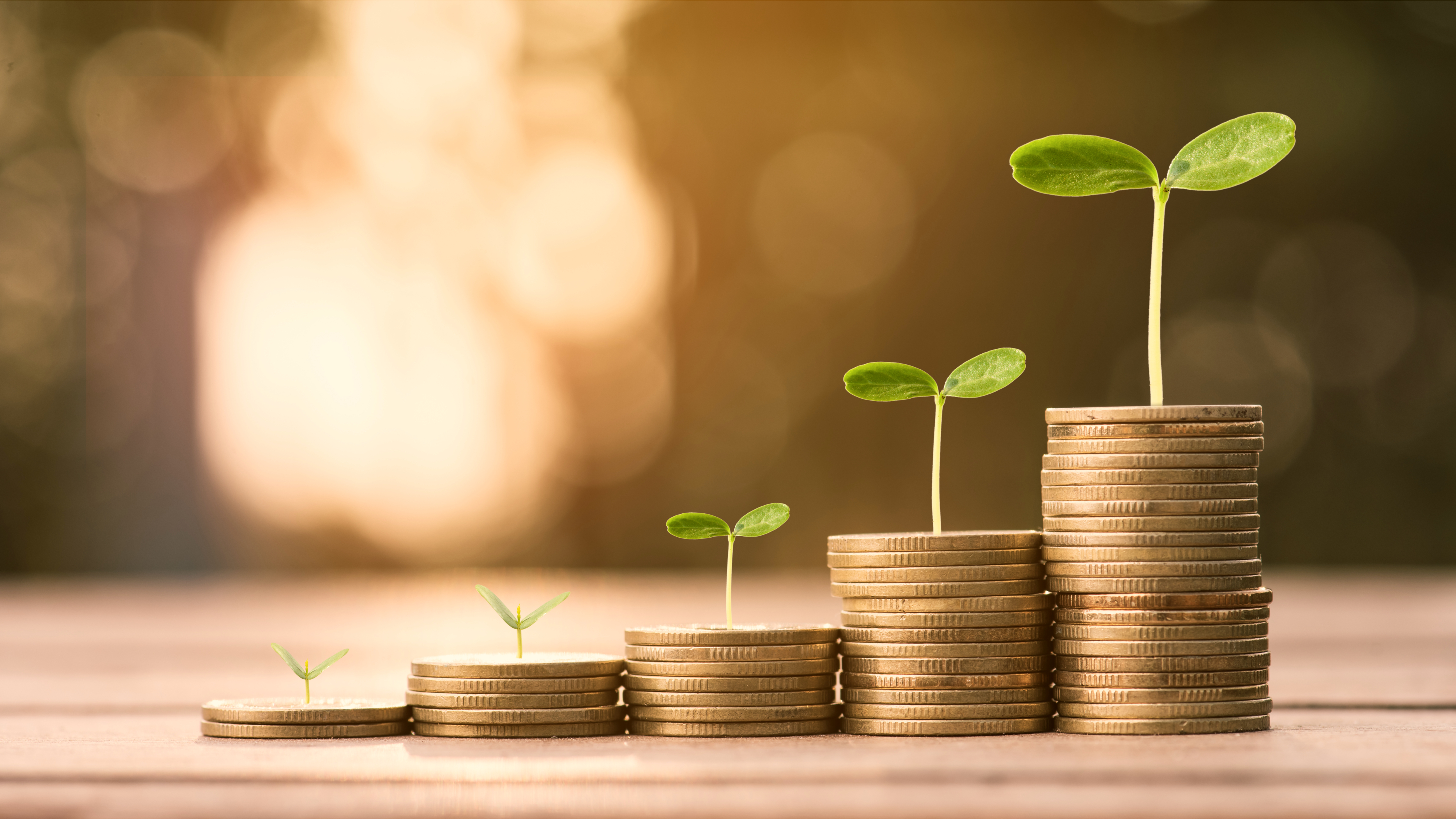Sustainability as an accountant

ICAS Lecturer Chris Cunnane CA explores sustainability in different areas of business and the key role accountants will play.
Tesla boss Elon Musk's sudden U-turn over accepting bitcoin to buy his electric vehicles has thrust the cryptocurrency's sustainability into headlights in recent news due to its energy usage.
Some Tesla investors, along with environmentalists, have been increasingly critical about the way bitcoin is "mined" using vast amounts of electricity generated through fossil fuels. Rival cryptocurrency, XRP, has claimed that it is 57,000 times more efficient than bitcoin.

So how dirty is virtual currency?
Accountants will be asked these kinds of questions more and more. The topic of sustainability has become mainstream and there is increasing pressure on businesses to measure and report their impact on the environment.
But what does sustainability mean for accountants? We want to try and answer this question under the headings of Environmental, Social and Governance (ESG).
Environmental
When we look at sustainability from an environmental point of view, two key themes are emerging. Businesses will be required to report on both their impact on the climate and the impact of climate change on their business. Climate change poses physical and transitional risks and opportunities for a business.
Businesses will be required to measure and reduce their greenhouse gas emissions. The regulatory landscape is still evolving, sustainability reporting has yet to be fully standardised, but the direction of travel is very clear. Sustainability reporting will eventually be as important as financial reporting.

The accountant has a key role to play when it comes to reporting. The data will need to be credible and comparable. It has to be measured, recorded, and audited to build trust.
Social
There is so much more to sustainability than simply reporting and auditing. Focusing on reporting is starting at the wrong end. It is increasingly clear that businesses can no longer pursue profit at the expense of people and planet. They are required to strike a better balance. Businesses need sustainable business models.
The pandemic has encouraged people to reassess what is important in their careers and in their lives. Personally, when I reach retirement and look back over my career, I want to be able to say that I have made a positive contribution to society.
If a business is looking to future-proof itself and grow, then it cannot underestimate the importance of its culture and its people. To be successful a business will need to recruit, retain, and develop its staff, allowing them to incorporate their own values in the workplace.
Governance
Sustainability is critical to business success and needs to be embedded in the corporate strategy. There are several aspects of governance, including risk management, internal controls, corporate reporting, and audit and assurance.
The purpose of the organisation is key to strategy and governance. A sustainable business will set objectives, develop a governance framework, assess the data, weigh up the risks and communicate internally and externally.
Overall outlook
Investors have their own sustainability targets and are increasingly applying non-financial ESG factors as part of their analysis process to identify risk and growth opportunities. A business will overlook sustainability to its cost, as mining giant Rio Tinto has recently discovered. In response to criticism from investors, the company was forced to dismiss three senior executives, including the global CEO, over the destruction of two ancient Aboriginal rock shelters for an iron ore mine in Western Australia last year.
As trusted business advisers, accountants have the skills, rigour, and judgement to focus on the material issues. They can help provide responsible decision making and advise on a sustainable business model.
Perhaps accountants can save the world.
